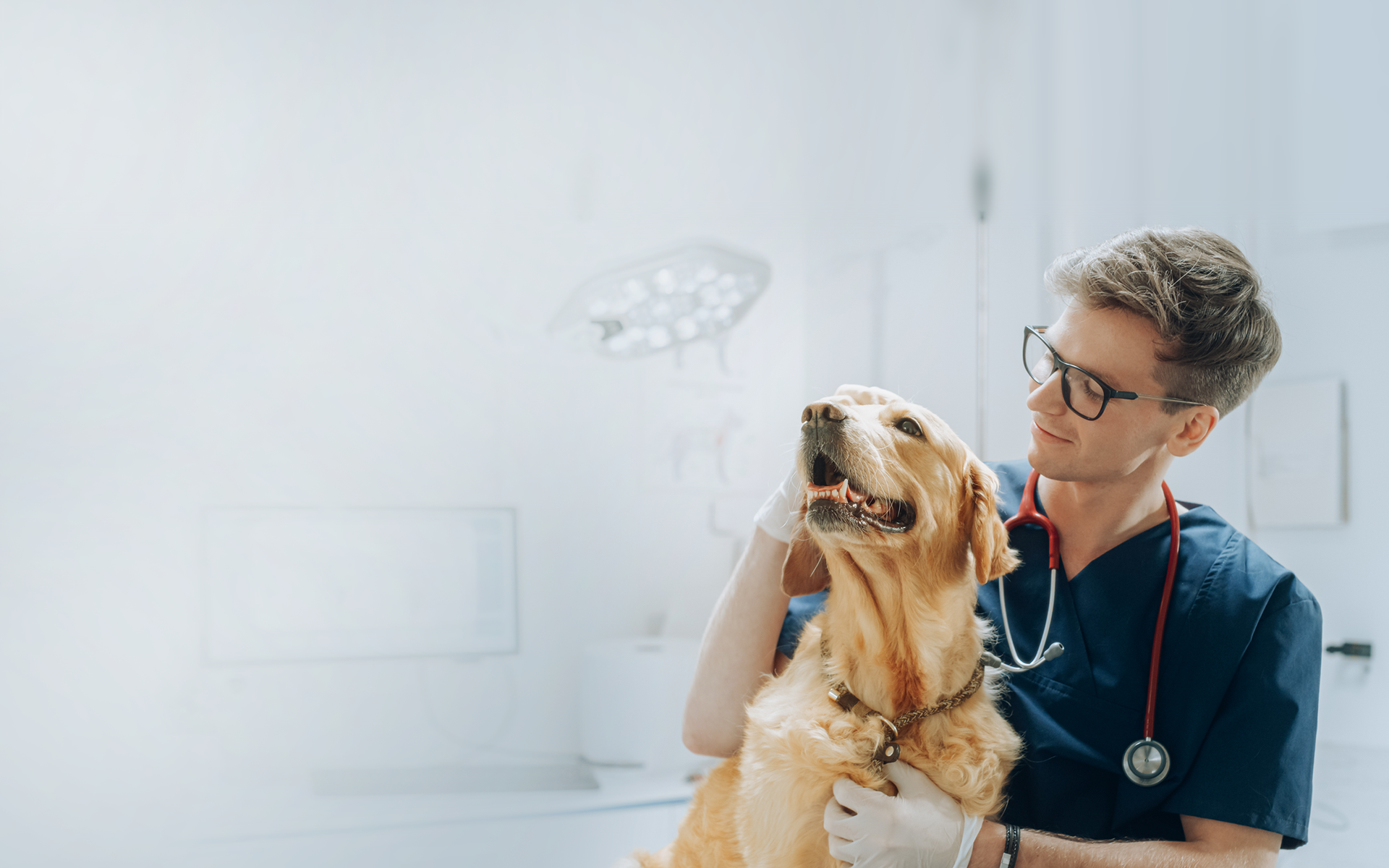According to the World Health Organization, ‘One Health’ is an integrated, unifying approach to balance and optimize the health of people, animals and the environment. It is particularly important to prevent, predict, detect, and respond to global health threats such as the COVID-19 pandemic.
The approach mobilizes multiple sectors, disciplines and communities at varying levels of society to work together. This way, new and better ideas are developed that address root causes and create long-term, sustainable solutions.
One Health involves the public health, veterinary, public health and environmental sectors. The One Health approach is particularly relevant for food and water safety, nutrition, the control of zoonoses (diseases that can spread between animals and humans, such as flu, rabies and Rift Valley fever), pollution management, and combatting antimicrobial resistance (the emergence of microbes that are resistant to antibiotic therapy).


